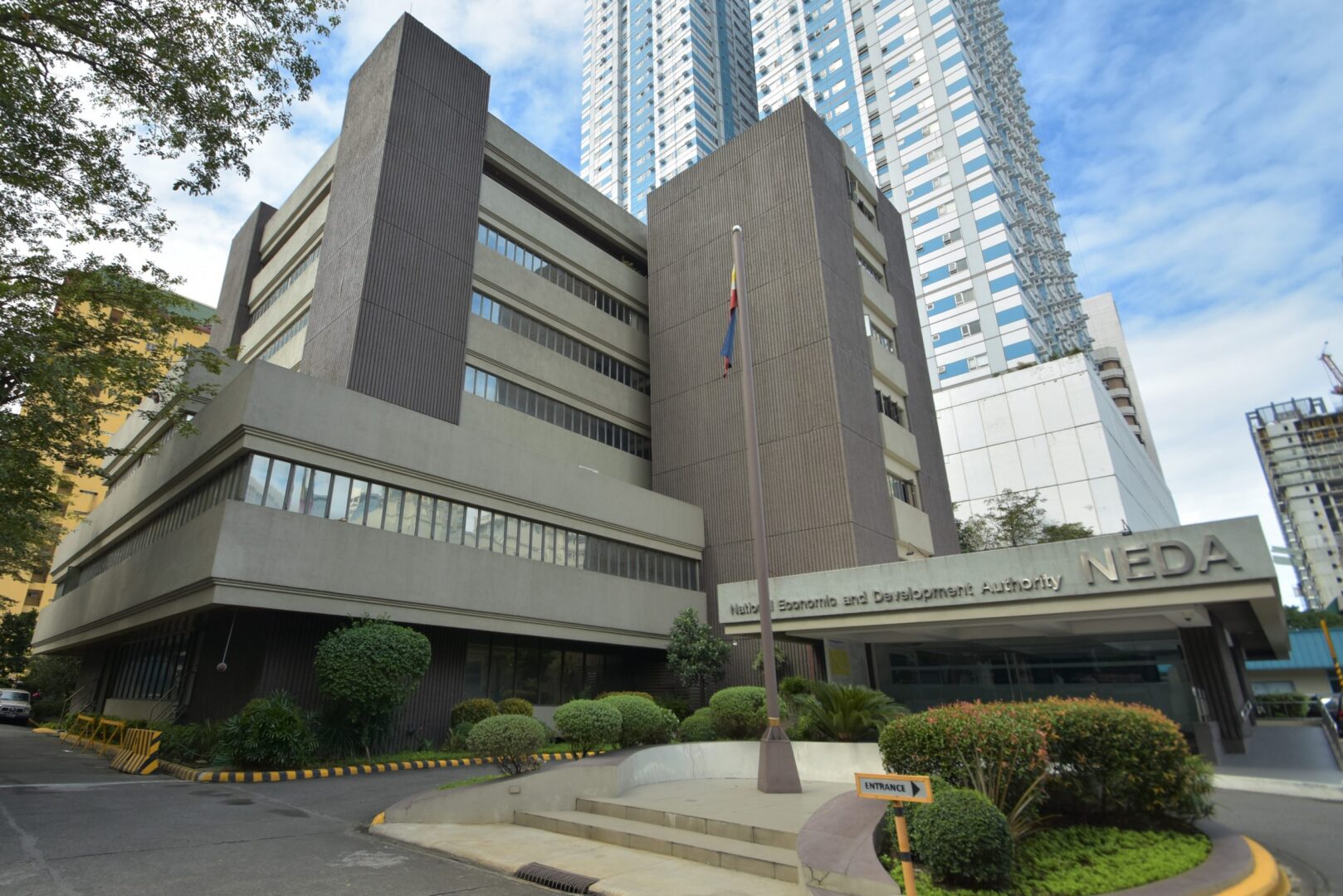Economic Planning Secretary Arsenio Balisacan on Friday said he does not support a one-size-fits-all wage level for the entire country, given that the cost of living varies significantly across regions.
In a press briefing yesterday, Balisacan said wage negotiations should be undertaken at the regional level, as inflation soared in September to 6.1 percent from 5.3 percent in August due to rising food and transport costs.
The living wage, he said, is not a statistical indicator that the agency compiles.
However, the agency does track the poverty line, which is the minimum amount of money needed to meet basic needs.
On the other hand, the living wage is defined as the amount of money a household needs to afford a decent standard of living and live comfortably.
“We don’t want to see a legislated wage that applies to various regions in the country because the cost of living across our regions varies a lot,” Balisacan said.
“There are existing mechanisms already in the regions for wage negotiations, and we think that is the most efficient and most fair way of undertaking these negotiations,” he added.
Zubiri still at it
Last month, Senate President Juan Miguel Zubiri said he was not giving up on his proposal of a mandatory P150 increase in the daily wage of workers in the private sector.
Zubiri emphasized that the current minimum daily wage in Metro Manila, which stands at P610, is nearly 40 percent lower than that of some neighboring Southeast Asian countries like Indonesia (P842) and Malaysia (P854).
Balisacan, in his recent press briefing, said the National Economic and Development Authority adjusts the poverty line for inflation whenever it assesses the poverty indicator.
“Whenever we assess the poverty indicator, we adjust the poverty line to account for inflation. However, the original measurement we use focuses on changes in poverty,” Balisacan said.
“To systematically measure this, we establish a wage line, which we refer to as the threshold, and aim to maintain it in real terms, keeping it constant,” he added.
Balisacan said it is important to note that the poverty line is not a living wage measure.
“It’s important to note that we do not use the poverty line as a measure of a living wage. This concept is distinct from the poverty line. Our goal is to monitor changes in absolute poverty as a measure of progress in our current situation so that we can develop programs to reduce poverty,” Balisacan said.
Finance Secretary Benjamin Diokno also opposed the P150 daily wage increase last August.
“The proposed P150 wage increase could bring the country’s inflation rate further away,” Diokno had said during one of the Senate committee hearings on finance.
“That kind of increase will have a second-round effect, which would mean wages could be passed on by businesses, industries, and other institutions to consumers,” he said.
Diokno also said that the plan to raise wages would hurt more people if it caused inflation to rise.
Zubiri said that even if wages went up, the money would still go back into the market because people would spend it anyway.
“I agree with you. It may increase inflation, but in the long run, if we bring down electricity costs, if we bring down other costs on manufacturing, I think we can temper it, we can manage it,” he said.
Earlier this year, the base pay for workers in the private sector in the National Capital Region went up by P40, from P570 to P610 per day.
The effect of the P40 wage hike was “tolerable,” but Diokno said a P150 increase would not be “acceptable.”
Workers’ wages
Some labor groups have asked the government to raise workers’ wages to improve their standard of living and quality of life, especially for those with lower incomes.
They said that even though the minimum wage increased, much more would be needed to maintain workers’ living standards. Many of them are having trouble making ends meet because of rising prices.
Think tank Ibon Foundation said that as of July, a family of five in Metro Manila needed at least P1,008 a day to live.
In March, a group called Unity for Wage Increase Now sought to raise Metro Manila’s daily minimum wage to P1,100.
Last July, the Federation of Free Workers asked companies to raise wages by P40 for all workers to avoid potential labor disputes.
“The Department of Labor and Employment offers certain recommended formulas for wage distortion adjustments. However, the most effective, straightforward, and simplest method is an across-the-board wage increase, particularly among rank-and-file employees,” said Jun Ramirez, national vice president and concurrent union president of the Vishay Philippines Employees Union-FFW, in a statement.
The FFW cited Article 124 of the Labor Code, where wage distortion is when wage differentials among employee groups in an establishment are “severely diminished or eliminated due to enforced wage increases.”
